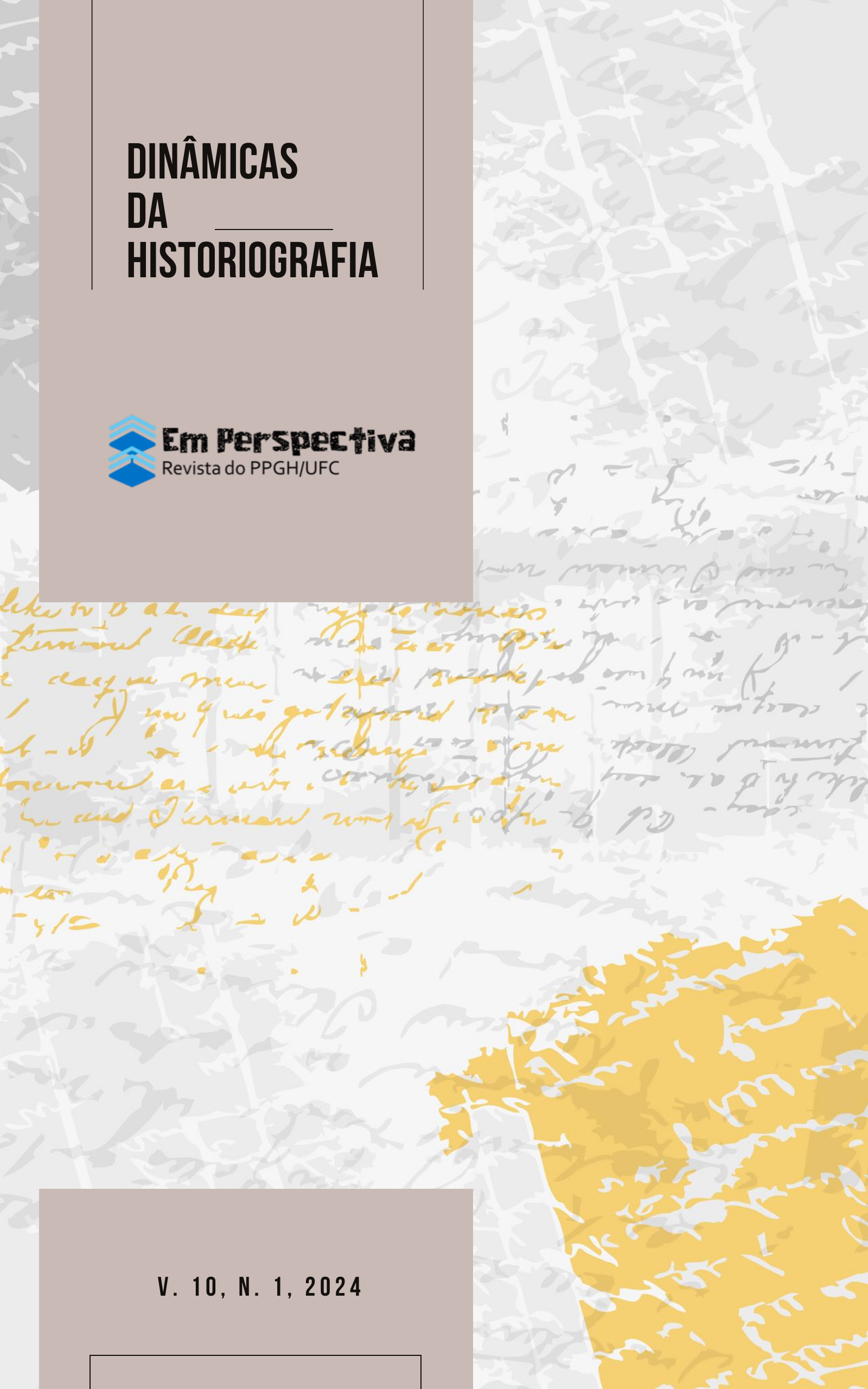Desafios, possibilidades e alternativas no ensino remoto
Keywords:
Residência Pedagógica, Remote Classes, Experiences and virtual experiencesAbstract
This article aims to present the results of the experience of scholarship holders in the three modules of the Residência Pedagógica Program, in the area of Human Sciences, degree in History, developed at the Faculdade de Educação, Ciências e Letras do Sertão Central-FECLESC, UECE campus in Quixadá city. In addition to the methodological results sought by the program, we focused the discussion around the experiences of using the History Textbook in the classroom during remote classes, linking the experience of using virtual spaces -museums- in the classroom during activities promoted at E.E.F. Dep. Flavio Portela Marcílio, due to the Covid-19 pandemic and the participation of students. To this end, we discussed concepts such as student and teacher autonomy and pedagogical methodologies with Choppin (2004), Delors (1998), Freire (1996) and Silva (2014), as well as with Abud (2010), Grunberg (2007) and Pacheco (2015) developed as history teaching, heritage education and the museum as a space for learning and identity.
Published
How to Cite
Issue
Section
License
Copyright (c) 2024 Raimundo Itamar Lopes Pinheiro Filho, Sebastião Rubens da Silva Sousa

This work is licensed under a Creative Commons Attribution-NonCommercial-NoDerivatives 4.0 International License.


1.png)

.png)
2.png)
.png)


.png)


.png)
1.png)
2.png)
